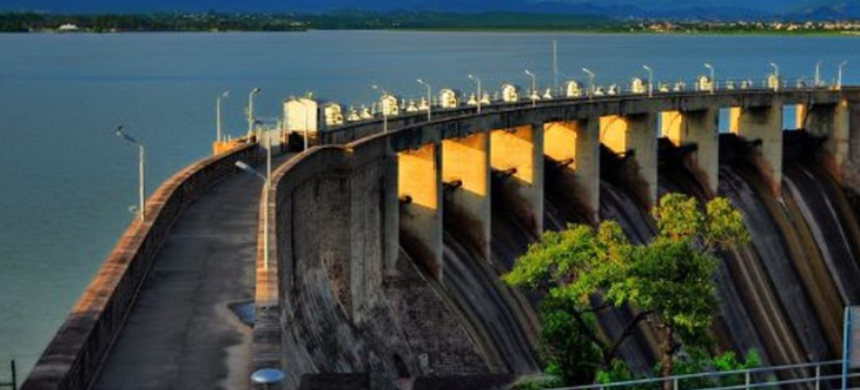Minister of State for Interior, Talal Chaudhry, announced that Prime Minister Shahbaz Sharif has formed a high-level committee, led by the Interior Minister, to supervise a large-scale water supply project for Islamabad and Rawalpindi.
Addressing the National Assembly on Wednesday, in response to concerns raised by Anjum Aqeel Khan over the rapidly declining water table in Islamabad, Chaudhry revealed that groundwater levels have plummeted from 10 meters in 1960 to over 120 meters today, primarily due to rapid urban growth and population expansion.
Islamabad needs about 120 million gallons of water daily, yet the Capital Development Authority (CDA) currently provides only 60 million gallons, fulfilling 90% of urban and just 15–20% of rural requirements. He stressed the urgent need for a mega water project, noting that a feasibility study is in progress.
To combat the falling water table, the CDA has updated its building by-laws, mandating rainwater harvesting for all new construction. Soak wells are also being introduced to enhance groundwater recharge, and the use of boreholes for water extraction is being discouraged.
Supplementary water sources include treated water from Sangjani and tankers from Khanpur. Currently, a 10-marla house pays Rs. 192 per month for water, while one-kanal households pay Rs. 280—covering only half of the actual supply cost.
Chaudhry added that 44 water supply schemes have been initiated in rural areas, but only 12 are functional due to issues like faulty equipment and unpaid bills.
Dr. Tariq Fazal Chaudhry also pointed out that over 1.2 million rural residents lack regular access to water. Plans are in motion to address this through the construction of small dams in areas such as Shahdara, Chirah, and parts of Rawalpindi.
This plan came under interest as recent monsoon rains caused Pakistan’s Main Dams Fill to Maximum Capacity











